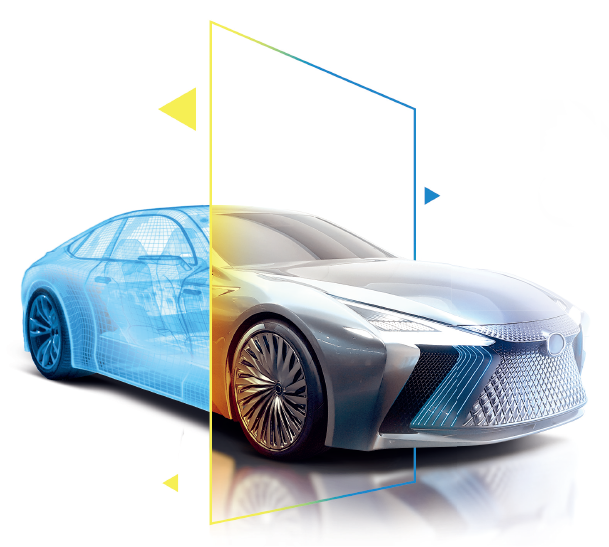Reduce the cost of electric power components
Increase battery life and control battery supply
Deploy recharging infrastructures and reduce recharging time

The automotive industry is transitioning from "software-assisted hardware" to "software-defines-hardware", the development of smart network functions and after-market upgrade services (e.g. OTA) placing greater demands on the systemic digital capabilities of automotive companies.
The emergence of new car makers and automotive software companies is further pushing the automotive supply chain towards electronic hardware and software. On the other side, traditional manufacturers and their suppliers are embarking on software development related to strategic production (batteries, semiconductors, etc.) and intelligent mobility to remain competitive.

Reduce the cost of electric power components
Increase battery life and control battery supply
Deploy recharging infrastructures and reduce recharging time
Allow the autonomous driving algorithm to cover as many situations as possible
Prepare the individual for use based on a rethought ergonomics
Prioritize new services related to autonomous transport
Protect personal data and car manufacturer data
Exploit a large quantity of unstructured data
Innovate in distribution and services in the automotive sector

Close to the engineering and production centers of automotive manufacturers and suppliers: Europe, USA, China, Japan, India…
Long-term partnerships with world-leading automotive companies

IS skills & Networks (Agile, Big Data, AI, Cloud, Cybersecurity...), AutoSAR, End-to-end Service

10,700 automotive engineers in 29 countries












